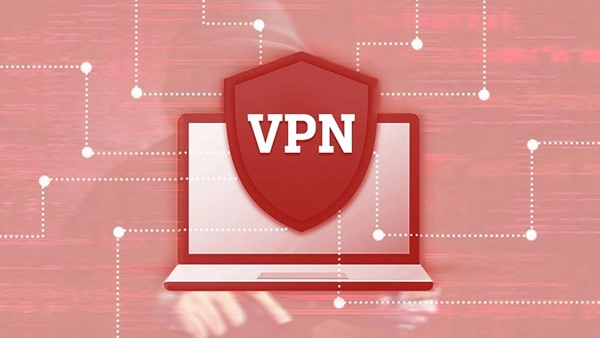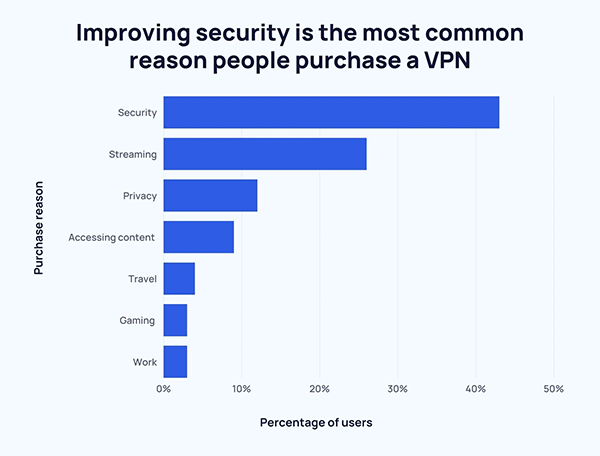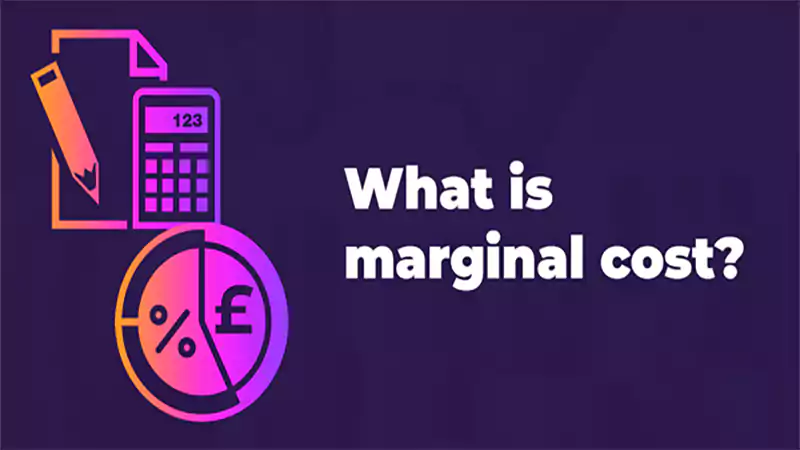Can a free VPN help you secure environmental services?
For years, I worked under a different environmental health practitioner. My job? Well, it was to ensure that all the sensitive information is protected and there aren’t any data breaches. But what was the most helpful tool that I used? It was a free VPN.
But what is a VPN? According to a case study, “It is a useful technology as it enables various secure connections through public networks, mostly WAN, and creates “private” channels.” (ResearchGate: Virtual Private Networks (VPN) Research Paper)
However, now we have another question, how does it protect biodiversity facilities? Well, I’m writing this write-up where I’ll talk about deploying innovative free VPN apps for securing environmental services.
The Significance of Environmental Service Security
Many might think that environmental service security isn’t related to VPN or cyber threats, but they are wrong. Environmental impact assessment, natural resource management, pollution reports, and emergency response plans are often at risk of data breaches.
Whether it’s highly sensitive financial reports or confidential records, they should be secured by the professional in charge. Such things can’t be messed with as they can greatly impact our environment, which wouldn’t be good for anyone.
It should be ensured that outdoor data privacy analysis is used for a good cause and isn’t exploited in contrasting ways.
Enter VPN Technology
At one point we all have used VPN or Virtual Private Network, and this could be because of several reasons. But what is the most common use of this service? VPNs provide an encrypted connection between your server and the web.
This way, you are protected from virtual threats that are on the internet. No one can gain unauthorized access that could link them to you, and even your IP address is masked, which helps in hiding your real identity.
However, you should make sure that you are using a secure private connection if you are sharing particularly delicate information. Using public Wi-Fi or access controls with unsecured networks can result in data breaches and malware attacks.
The Rise of Free VPN Apps

As a regular VPN user, I can tell you that back in the day this kind of assistance could only be availed by paying for them. But now, there are several free VPN app in the market that can perform basic tasks, and they would not cost you any charge.
This is quite an innovative approach, as now everyone can secure their online presence without emptying their pockets. Everyone is using this service as it’s free now, and they are loving the benefits they are getting.
Users often comment positive things about such platforms and are quite satisfied with them. They even feel safe while surveying on the internet.
Benefits of Free VPN Apps for Environmental Services
Now, I would like to mention some of the benefits that you get from free VPN tools for environmental services:
- Protected Sensitive Information: All your sensitive information that you have to share or protect can be done securely with a free VPN. It maintains confidentiality and integrity by safeguarding the information of different individuals.
- No Geographic Restrictions: With free VPN you are not limited to only one place and can even enter those regions that aren’t available for your home country. This results in better communication and collaboration.
- Enhanced Features: Nowadays, you are met with several new features like double VPN where instead of one server, your traffic goes through two servers which helps encrypt your data twice. This keeps away the hackers.
- Better Online Privacy: It is one of the major concerns as every one is available online these days. But a free VPN keeps you anonymous, which protects your presence while you are using the Internet.
What is the most common reason for people to use free VPNs? It’s security we collectively know that, but what are the other reasons? Take a look at the graph below.

Challenges and Considerations
While a free VPN offers several great perks, there are several challenges and considerations that you have to keep in mind for securing environmental services:
- Use a Reputable Platform: Even though several free VPNs are chosen, any random can mess with your privacy concerns. So, it’s better to go for those that have a good image in the market or are trusted by people.
- Performance Restrictions: Keep in mind that you are using it for free, so it will lack performance sometimes. You can experience slow performance and connectivity. If not, those premium features will only be available when you pay for it.
- Securities Vulnerabilities: Not every free VPN app is made with the same protocol. Some might lack protection or might share your insights with other providers. This can’t be avoided until and unless you get your hands on a good service.
These are the most common problems and ideas that you simply can’t afford to avoid, or you could get in trouble.
DID YOU KNOW?
The global Virtual Private Network market is worth around $62.73 billion!
Conclusion
In this write-up, I told you how innovative free VPN programs can help secure environmental businesses. We must keep such data safe and secure, as it can be used for things that would trouble everyone.
Free VPN offers are great as they make things easier for you and give you a sense of security while you are using the internet. But it also has some downsides, which we talked about in the article.
Rest, you should be careful with what you are doing online and avoid clicking on unknown links and interacting with strangers. Be safe!








